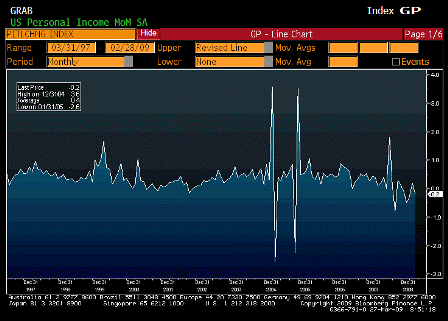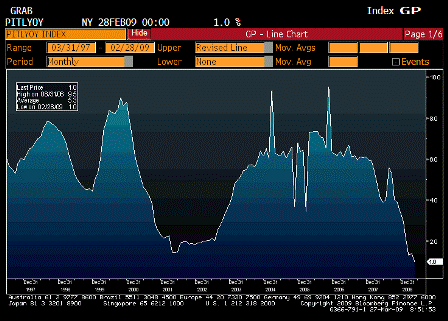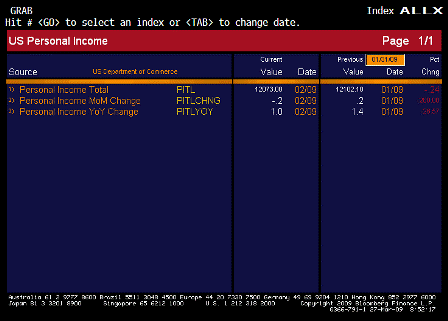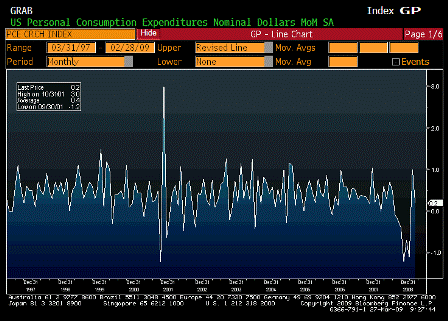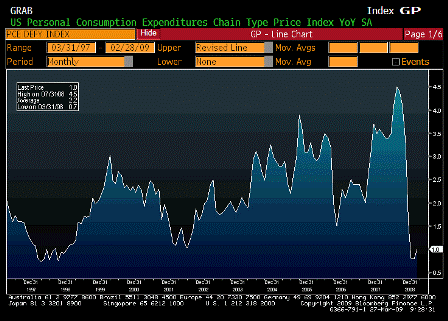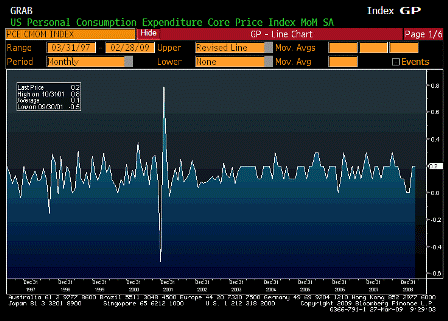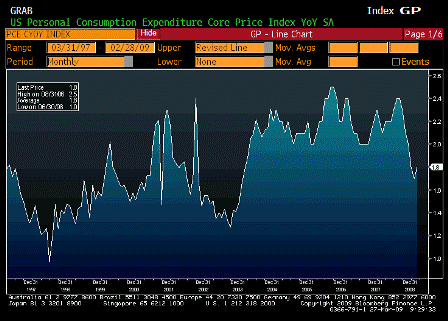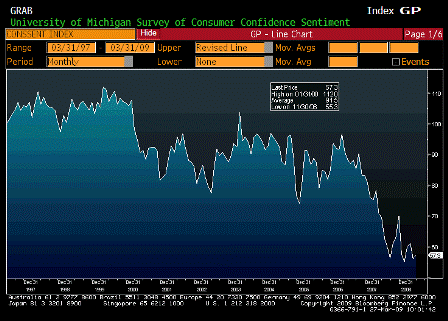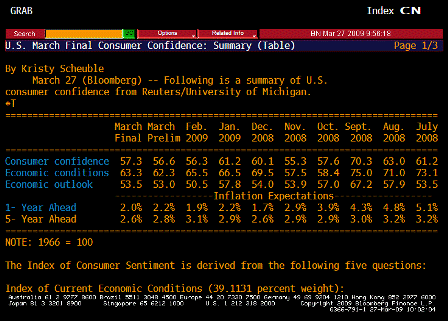[Skip to the end]
Congrats, Professor Fullwiler- there are at least some students learning how the monetary system actually works!
EC342
Winter 2009
Case Study 5
The following quotes from rather famous figures or institutions are all completely incorrect regarding the nature of government debt and deficits according to the modern money framework described in class. For this case the task is to explain how the following quotes are incorrect.
As with the previous two cases choose 2-3 points in these quotes contradicting modern money, and explain the refutation of the point in the modern money paradigm.
In the interest of political balance, the quotes here are from a Democrat (President Obama), a Republican (Senator Judd Gregg), and the bi-partisan Congressional Budget Office.
Writing grading criteria are in effect.
Quote 1:
President Obama on 60 minutes
Mar 22 (CBS) â€â€Â
KROFT: Is there some limit to the amount of money we can spend?
OBAMA: Yes.
KROFT: Or print trying to solve this crisis?
OBAMA: There is.
KROFT: And are we getting close to it?
OBAMA: The limit is our ability to finance these expenditures through borrowing. And the United States is fortunate that it has the largest, most stable economic and political system around. And so the dollar is still strong because people are still buying treasury bills. They still think that’s the safest investment out there. If we don’t get a handle on this, and also start looking at our long-term deficit projections, at a certain point, people will stop buying those treasury bills.
Quote 2:
March 22, 2009
Gregg: ‘This country will go bankrupt’
Posted: 03:41 PM ET
From CNN Associate Producer Martina Stewart
GOP Sen. Judd Gregg warned Sunday that the country might be headed for a fiscal crash if spending isn’t controlled.
WASHINGTON (CNN) – Even though he was almost a member of the new Obama administration, New Hampshire Republican Judd Gregg Sunday slammed President Obama’s approach to handling the country’s fiscal outlook.
“The practical implications of this is bankruptcy for the United States,†Gregg said of the Obama’s administration’s recently released budget blueprint. “There’s no other way around it. If we maintain the proposals that are in this budget over the ten-year period that this budget covers, this country will go bankrupt. People will not buy our debt, our dollar will become devalued. It is a very severe situation.â€ÂÂ
Gregg, known as one of the keenest fiscal minds on Capitol Hill, also told CNN Chief National Correspondent John King that he thought it was “almost unconscionable†for the White House to continue with its planned course on fiscal matters with unprecedented actual and projected budget deficits in the coming years.
“It is as if you were flying an airplane and the gas light came on and it said ‘you 15 minutes of gas left’ and the pilot said ‘we’re not going to worry about that, we’re going to fly for another two hours.’ Well, the plane crashes and our country will crash and we’ll pass on
to our kids a country that’s not affordable.â€ÂÂ
Quote 3:
From page 43 of A Preliminary Analysis of the President’s Budget and an Update of CBO’s Budget and Economic Outlook published March 2009 by the Congressional Budget Office (CBO; http://www.cbo.gov/ftpdocs/100xx/doc10014/03-20-PresidentBudget.pdf)
“The primary difference between the current projections and the ones published in January is the effect of the American Recovery and Reinvestment Act of 2009. Although ARRA will boost output significantly in the next several years, any short run effects of the stimulus legislation on the business cycle will have dissipated by the end of the projection period. In the latter part of the period, the legislation reduces projected output by roughly 0.1 percent, principally through its influence on capital accumulation.”
“Capital accumulation is affected because the increase in government debt is expected to displace, or “crowd out,†a smaller amount of private capital. That result occurs because the reduction in overall national saving dampens spending on business fixed investment and the construction of housing. Although the size of such displacement is very uncertain, CBO assumes that, in the long run, each dollar of additional federal debt crowds out about a third of a dollar’s worth of private domestic capital (with the remainder of the rise in debt offset by increases in private saving and inflows of foreign capital).”
[top]

